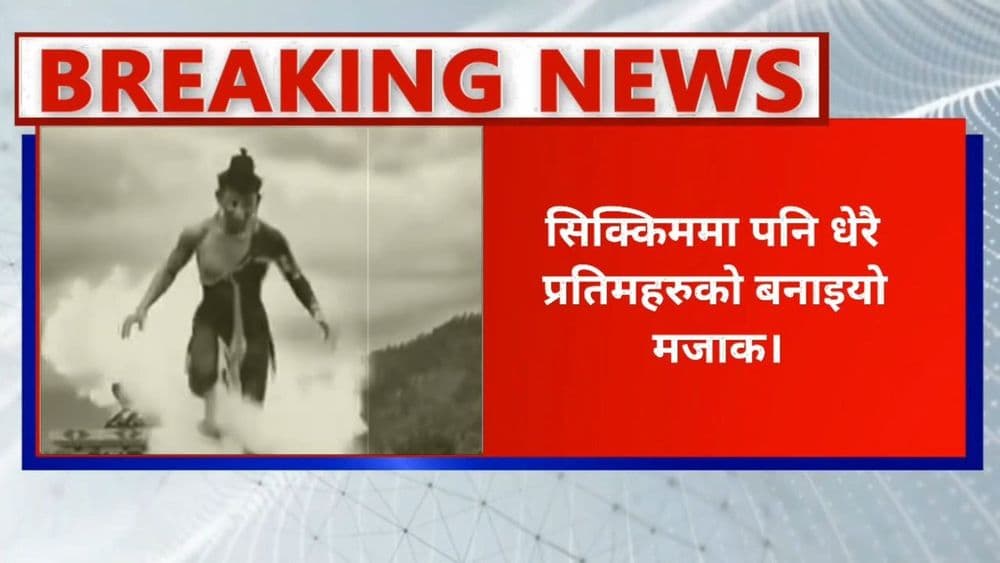Recently, videos featuring iconic figures like Mahatma Gandhi, poet Bhanubhakta Acharya, and revered religious icons such as Buddha and Rinpoche have gained popularity, often accompanied by humorous dubbing or creative edits.
These viral trends capture immediate attention and provoke laughter, but they also spark deeper conversations about their influence on the respect and reverence traditionally accorded to these cultural and historical figures. On the bright side, such videos make historical and spiritual figures more accessible to future generations. Humor has a unique ability to pique people's interest and generate questions regarding their lessons and accomplishments. These memes, by combining creativity with history, can increase participation and introduce timeless ideas into modern conversations.
However, the drawbacks are enormous. Mocking revered figures risks undermining the respect they elicit. Humor that trivializes Mahatma Gandhi's values, Bhanubhakta's poetry legacy, or the spiritual teachings of Buddha and Rinpoche may insult cultural and religious sensibilities. Furthermore, funny edits frequently disseminate disinformation or simplify nuanced contributions to jokes, reducing their genuine relevance. While freedom of expression is important, it also entails the duty to strike a balance between comedy and sensitivity.
Creators and spectators should assess the entertainment value of such content against its potential to undermine cultural harmony and respect. Great personalities and spiritual icons require meaningful interaction, not transient entertainment.







